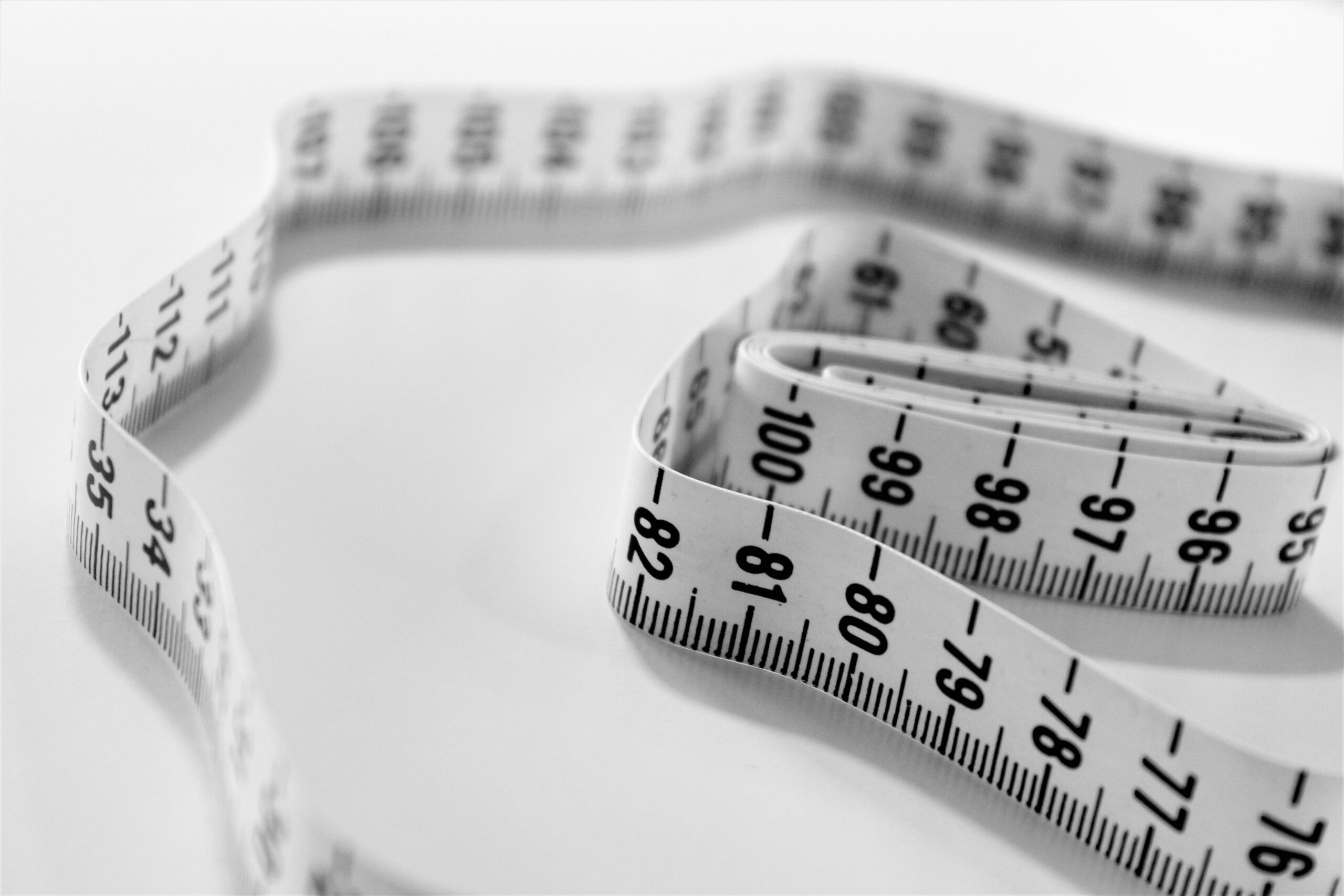Imagine if you could shed 20 pounds in just one month – an incredible feat, right? We’ve all heard about those magical weight loss stories, promising rapid results without much effort. But can you truly achieve such a significant outcome in such a short period? Well, my friend, let’s take a closer look and find out if it’s possible to realistically lose 20 pounds in just 30 days. Get ready to explore the truth behind this weight loss curiosity and discover if it’s an achievable goal for you.
Understanding weight loss basics
Defining what weight loss means
Weight loss refers to the process of reducing body weight, typically by losing excess fat. It is often a goal for individuals seeking to improve their health, appearance, or overall well-being.
The science behind weight loss
Weight loss occurs when there is a calorie deficit, meaning that you are burning more calories than you consume. This deficit can be achieved through a combination of reduced calorie intake and increased physical activity.
Overview of calories and energy expenditure
Calories are units of energy found in food and beverages. Your body uses calories to perform various functions, including metabolism, physical activity, and maintaining bodily functions. Energy expenditure is the amount of energy your body needs to carry out these functions.
The math behind losing 20 pounds
How many calories equal one pound
To lose one pound of body weight, you need to create a calorie deficit of approximately 3,500 calories. This means that if you aim to lose 20 pounds, you would need to create a calorie deficit of 70,000 calories.
Calculating the calorie deficit needed to lose 20 pounds
Based on the above calculation, to lose 20 pounds, you would need to create a calorie deficit of 70,000 calories over a period of time. This can be achieved by combining reduced calorie intake and increased physical activity.
Is this calorie deficit achievable within a month?
Losing 20 pounds in just one month may not be realistic or healthy for most individuals. Aiming for a gradual and sustainable weight loss of 1-2 pounds per week is generally recommended by healthcare professionals. Rapid weight loss can lead to various health risks and is often difficult to maintain in the long term.

Health risks associated with rapid weight loss
Potential for nutrient deficiencies
Significantly reducing calorie intake can lead to inadequate nutrient intake, potentially resulting in nutrient deficiencies. These deficiencies can have negative implications for your overall health and well-being.
Risk of dehydration
Rapid weight loss often involves a reduction in water weight, which can lead to dehydration if not properly managed. Dehydration can have detrimental effects on various bodily functions, including the cardiovascular system and kidney function.
Concerns related to heart health
Drastic calorie restriction and rapid weight loss can put stress on the cardiovascular system, potentially leading to irregular heart rhythms, electrolyte imbalances, and other cardiovascular complications.
Possibility of gallstones
Rapid weight loss may increase the risk of developing gallstones, which are hardened deposits in the gallbladder. These can cause severe pain and may require medical intervention.
Mental health implications
Rapid weight loss can also have negative implications for mental health. Extreme dieting and strict restrictions can lead to feelings of deprivation, low self-esteem, and an unhealthy relationship with food.
Realistic expectations for weight loss
The role of individual variability in weight loss
Weight loss varies from person to person due to factors such as genetics, body composition, and lifestyle habits. It is important to understand that what works for one person may not work for another.
How gender, age, and metabolic rate affect weight loss
Gender, age, and metabolic rate can influence weight loss. Generally, men tend to have a higher metabolic rate and more muscle mass, resulting in faster weight loss compared to women. Age can also affect metabolism, with younger individuals typically having a faster metabolism.
Understanding the concept of ‘healthy’ weight loss
Healthy weight loss involves losing weight gradually and sustainably through a combination of nutritious eating, regular physical activity, and lifestyle changes. It is important to prioritize overall well-being rather than focusing solely on the number on the scale.

Weight loss methods that suggest quick results
Crash diets and their implications
Crash diets are highly restrictive eating plans that promise rapid weight loss. They often involve severe calorie restriction and eliminate entire food groups. While they may result in short-term weight loss, they are not sustainable and can have negative impacts on overall health.
Over-exercising and activity-based risks
Engaging in excessive exercise without proper rest and recovery can put undue stress on the body, leading to the risk of injuries, fatigue, and burnout. It is important to find a balance between physical activity and rest for optimal weight loss and overall well-being.
Weight loss supplements and their potential dangers
Weight loss supplements are often marketed as a quick and easy solution for shedding pounds. However, many of these supplements have not been thoroughly researched or regulated, and some may have potential risks or side effects. It is important to consult with a healthcare professional before starting any weight loss supplement.
Steps towards sustainable weight loss
Importance of a balanced diet
A balanced diet rich in fruits, vegetables, lean proteins, whole grains, and healthy fats is essential for sustainable weight loss. It provides the necessary nutrients for overall health and helps maintain a calorie deficit without sacrificing essential nutrients.
Role of physical activity
Regular physical activity plays a crucial role in weight loss by increasing calorie expenditure and improving overall fitness. Incorporating both cardiovascular exercise and strength training into your routine can help maximize weight loss and promote overall health.
Value of proper hydration
Proper hydration is often overlooked but is essential for weight loss and overall well-being. Drinking an adequate amount of water helps maintain bodily functions, aids digestion, and can help control appetite.
Role of adequate sleep
Adequate sleep is often underestimated in its importance for weight loss. Lack of sleep can disrupt hormones involved in hunger and satiety, leading to increased appetite and cravings. Aim for 7-9 hours of quality sleep each night to support your weight loss efforts.
Importance of stress management
Stress can have negative impacts on weight loss and overall health. Stress can lead to emotional eating, increased cortisol levels, and decreased motivation for physical activity. It is important to incorporate stress management techniques such as mindfulness, meditation, or hobbies to support your weight loss journey.

Setting attainable weight loss goals
How to calculate your personal weight loss goals
Calculating your personal weight loss goals should consider factors such as your current weight, body composition, and overall health. It is advisable to consult with a healthcare professional or registered dietitian who can provide personalized guidance based on your individual needs.
Understanding the timeline for achieving weight loss goals
Weight loss is not a linear process, and the timeline for achieving goals can vary. It is important to set realistic expectations and understand that sustainable weight loss takes time. Aim for slow and steady progress rather than rapid, short-term results.
Recognizing the importance of patience and consistency
Patience and consistency are key when it comes to achieving and maintaining weight loss. It is important to stay committed to healthy eating habits, regular physical activity, and overall lifestyle changes. Remember that sustainable weight loss is a journey and requires long-term dedication.
The role of professional guidance in weight loss
When to seek help from a dietitian
Seeking help from a registered dietitian can provide valuable guidance and support throughout your weight loss journey. They can help create personalized meal plans, offer nutritional advice, and address any specific concerns or challenges you may have.
How personal trainers can aid weight loss
Working with a personal trainer can be beneficial for weight loss, especially if you are new to exercise or need guidance on proper form and technique. They can create customized workout programs, provide motivation, and help you safely progress towards your weight loss goals.
Importance of regular medical check-ups in weight loss journey
Regular check-ups with your healthcare provider are important during your weight loss journey. They can monitor your overall health, track progress, and address any underlying medical conditions that may affect your weight loss efforts. It is important to prioritize your health and well-being throughout the process.
Dealing with weight loss plateau
Understanding the concept of a weight loss plateau
A weight loss plateau refers to a period where your weight loss stalls, despite continued efforts. It is a common occurrence and can be frustrating. During a plateau, the body may adjust to the new calorie deficit, resulting in slower weight loss or no weight loss at all.
Managing expectations during a plateau
Managing expectations during a plateau is essential to maintaining motivation. It is important to remember that plateaus are normal and temporary. Focus on other non-scale victories such as improved energy levels, increased strength, or improved body composition.
Strategies to overcome a weight loss plateau
To overcome a weight loss plateau, consider making adjustments to your diet and exercise routine. Increase physical activity intensity or duration, modify your calorie intake, or incorporate new types of exercises. Consulting with a healthcare professional or registered dietitian can provide personalized recommendations to help overcome the plateau.
Emphasizing weight loss maintenance
Importance of transitioning from weight loss to weight maintenance
Transitioning from weight loss to weight maintenance is crucial for long-term success. It involves finding a balance between calorie intake and expenditure to maintain your desired weight.
Continuing healthy habits post-weight loss
Continuing healthy habits post-weight loss is essential for maintaining the progress you have achieved. This includes following a balanced diet, engaging in regular physical activity, prioritizing sleep, managing stress, and maintaining regular check-ups with your healthcare provider.
Managing expectations and setting new goals after achieving weight loss
After achieving weight loss, it is important to manage expectations and set new goals to avoid complacency. This could include setting goals for strength, endurance, or overall fitness. It is important to continue challenging yourself and striving for overall well-being.

